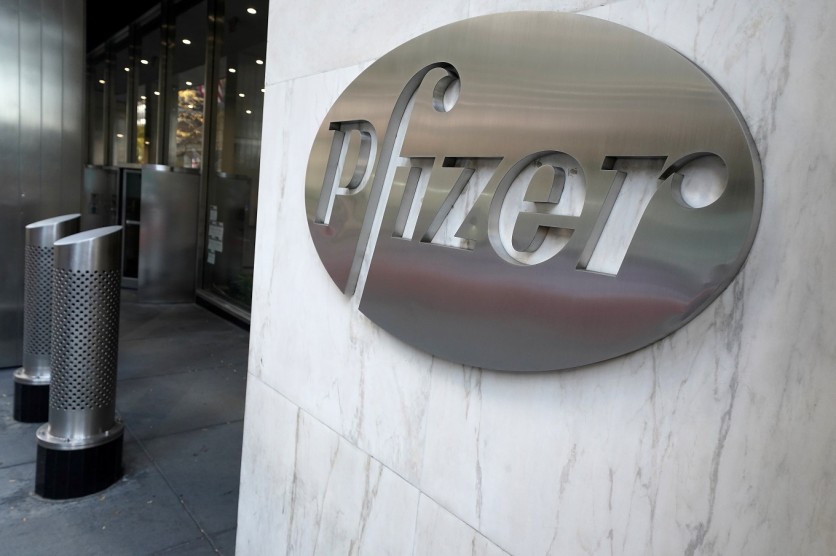Pfizer Inc and BioNTech SE's COVID-19 vaccine is closer to acquiring the Food and Drug Administration's (FDA) approval, making it one of the frontrunners in the vaccine race to end the coronavirus pandemic we are currently still facing.
Nevertheless, Pfizer might be facing its biggest challenge yet: distributing the vaccines to millions of Americans across the country.

Good News From Pfizer
In a report by The Straits Times, the companies are already prepping to distribute the vaccine after announcing successful interim data on Monday, November 9, showing that the candidate coronavirus shot is 90% successful in preventing COVID-19.
The two companies are still awaiting data on safety, which should come later this month in order for them to get FDA's go signal, which could arrive as soon as next month, with distribution starting with healthcare workers who need the shots most.
Moreover, nursing homes and their residents and staff may also be on the top list.
Companies Faced With Logistics Challenge
However, bringing the vaccine shot to the public may not be as easy due to the vaccine's complex storage requirement, which also needs to be ultra cold at minus 70 degrees Celsius (minus 94 degrees Fahrenheit) or lower.
Amesh Adalja, senior scholar at the John Hopkins Center for Health Security, said that the cold chain will be one of the biggest challenges Pfizer and BioNTech will face when delivering the vaccination.
"This will be a challenge in all settings because hospitals even in big cities do not have storage facilities for a vaccine at that ultra-low temperature," the Adalja further added.
According to the report, even the most prestigious US hospitals, such as the Mayo Clinic in Rochester, still lack the facility.
Dr. Gregory Poland, a virologist and vaccine researcher from the Mayo Clinic, confirmed that they do not have the said facility and even commented that the vaccine's storage requirement is a "tremendous logical issue" not only across the United States but also around the world.
Read also: COVID-19: Operation Warp Speed Head General Gus Perna Fears People May Not Take the Vaccine
Working on Solutions
Nevertheless, Pfizer spokeswoman Kim Beckner said that the two companies behind the highly-anticipated COVID-19 vaccine are working closely with the US government to create a solution to ship and distribute the vaccine across the country as well as to Belgium and Germany, and the rest of the world.
The Pfizer dosages can be kept for up to six months in the ultra-cold temperatures it needs, but according to Beckner, the vaccines can be kept in common storage facilities found in hospitals that are around two to eight degrees Celsius, but the shots can only be kept there for five days before they spoil.
Furthermore, Beckner said Pfizer storage units could be refilled with ice for up to 15 days.
BioNTech and Pfizer are working on whether they could extend the shelf life of the vaccine for up to two weeks in common refrigeration types found in most hospitals.
Meanwhile, Moderna's COVID-19 vaccine candidate is also among the frontrunners, but compared to Pfizer's, the shots don't require the ultra-cold storage requirement, but it is still uncertain when Moderna's dosages will get the FDA approval.
Related Article : Colorado Launches Bluetooth-Enabled CO Exposure Notifications to Reduce Risk of COVID-19 Transmission
This article is owned by Tech Times
Written by: Nhx Tingson
ⓒ 2026 TECHTIMES.com All rights reserved. Do not reproduce without permission.




